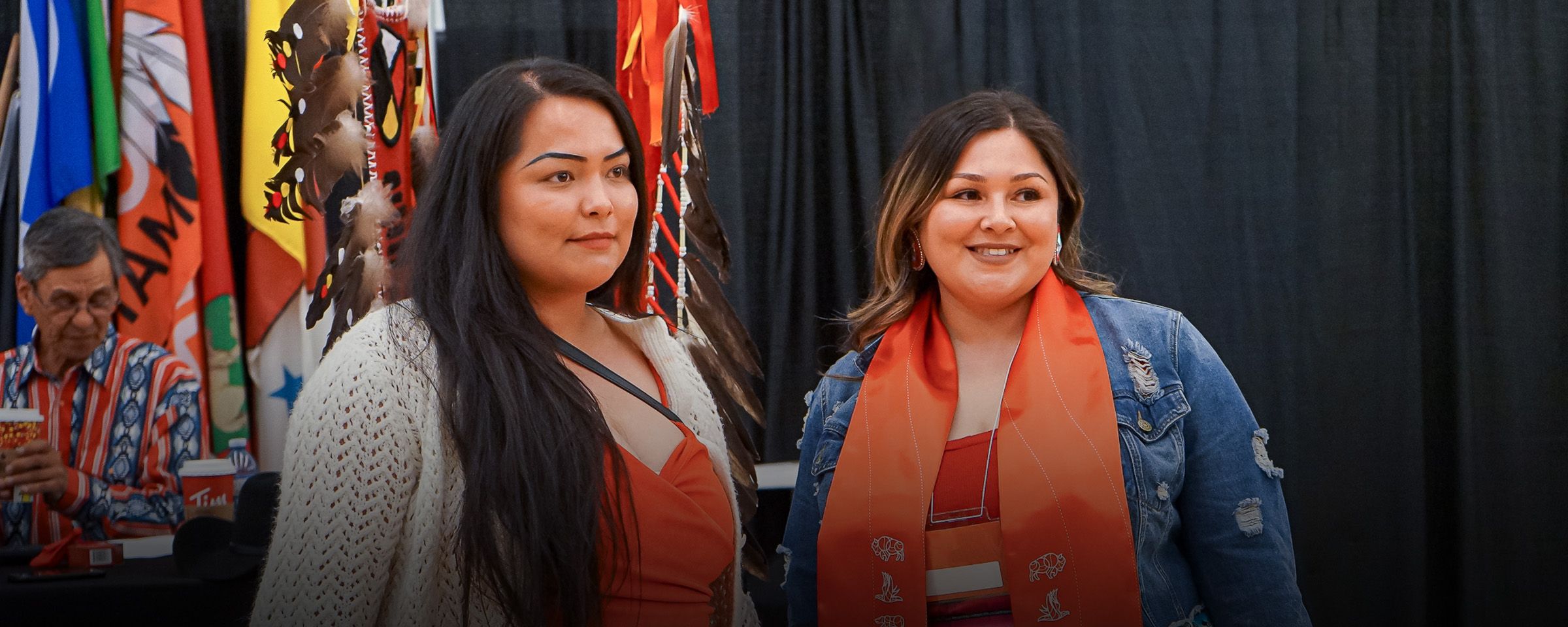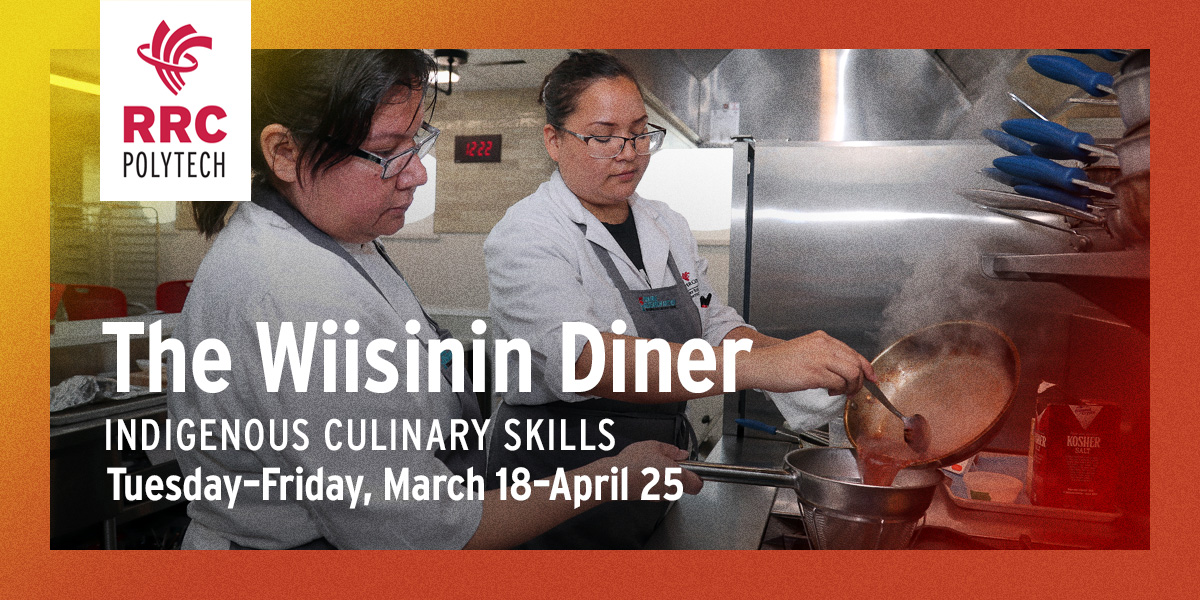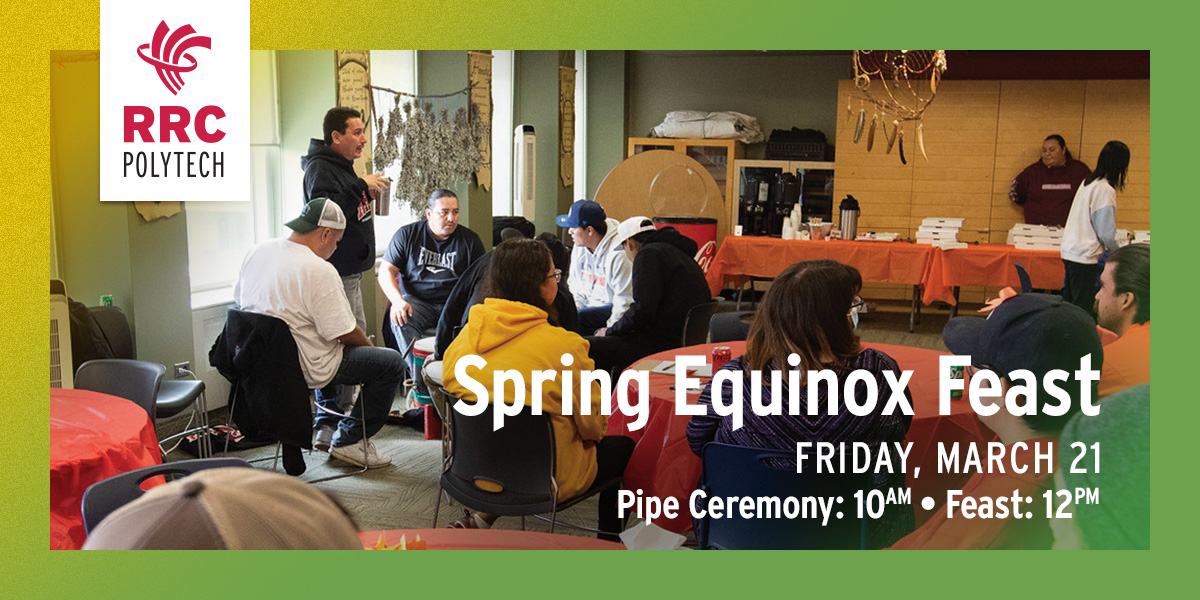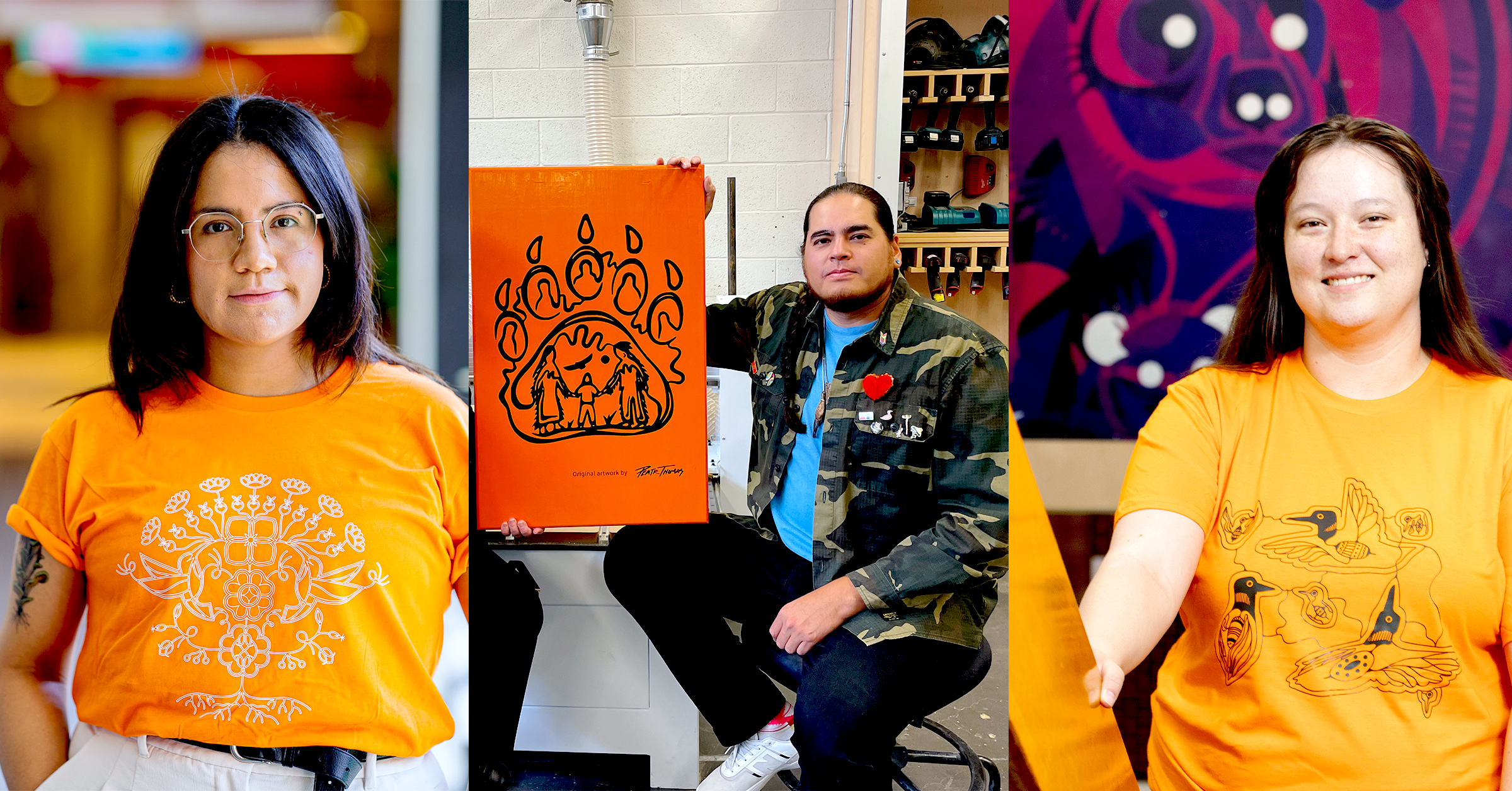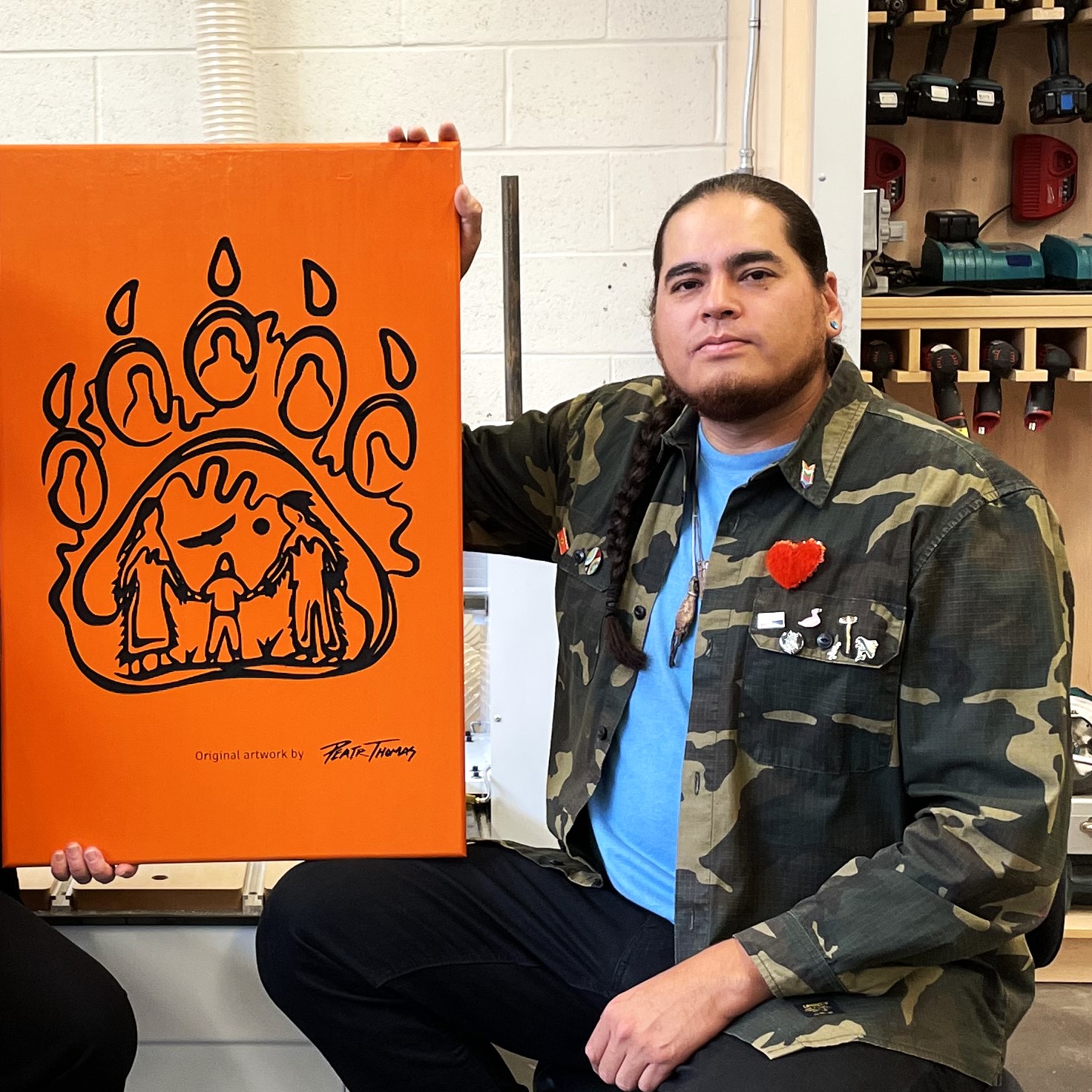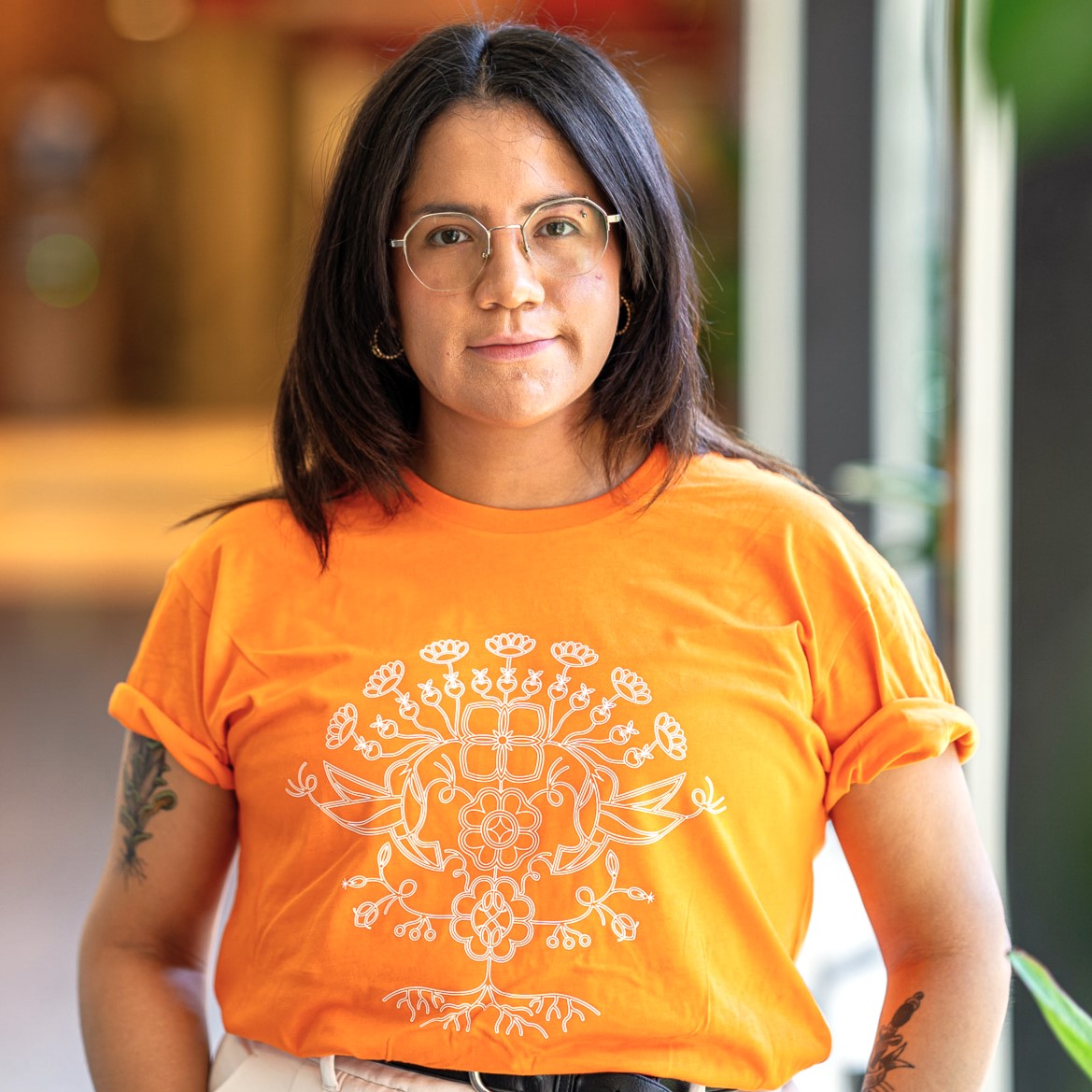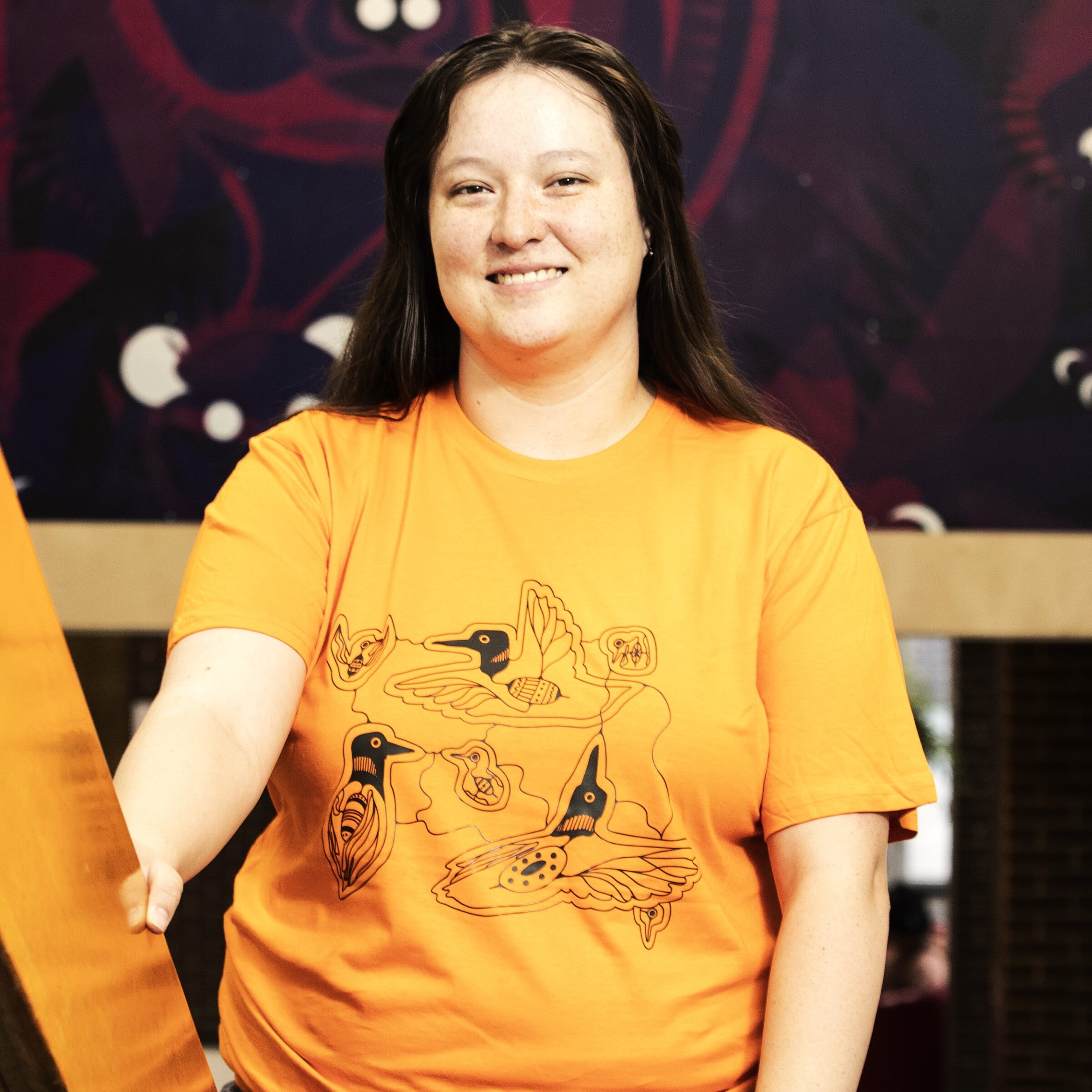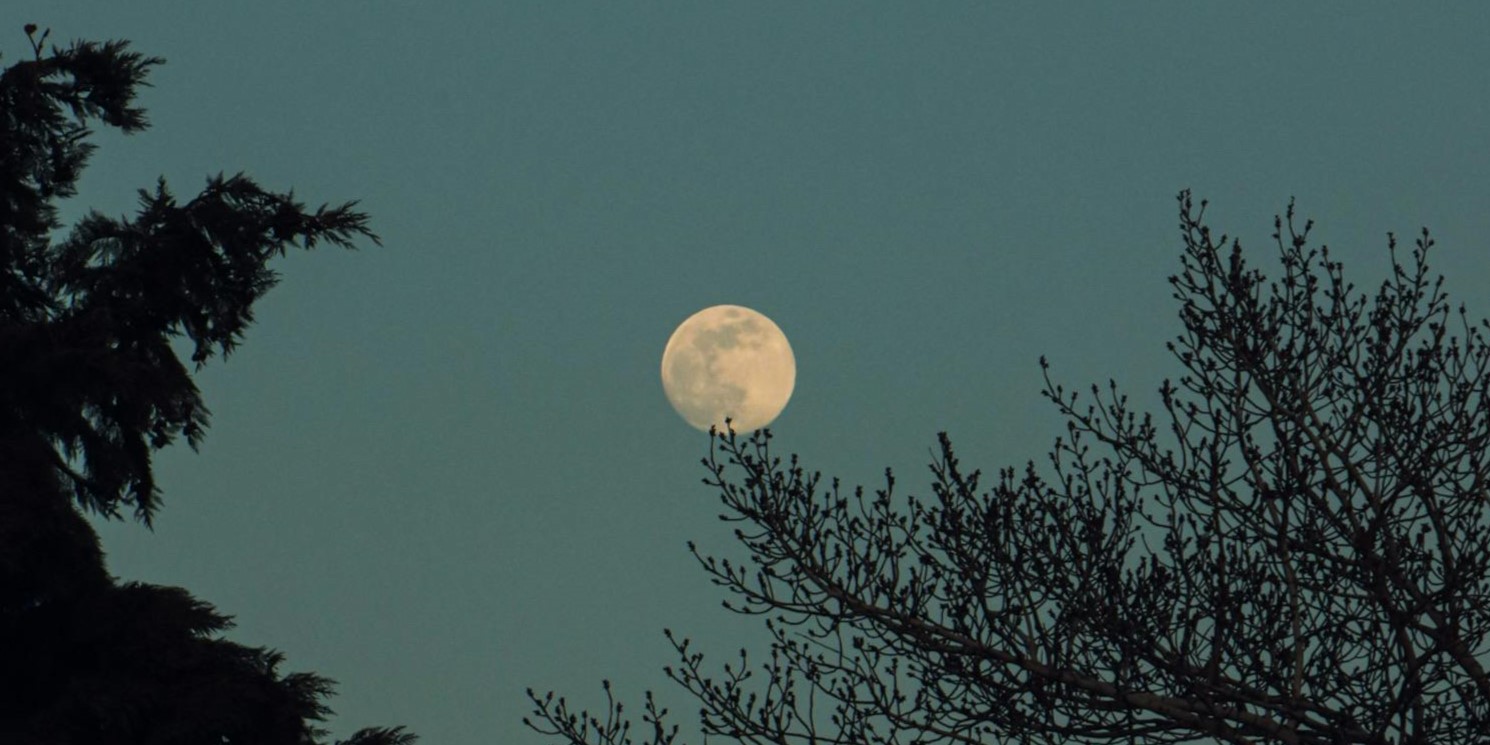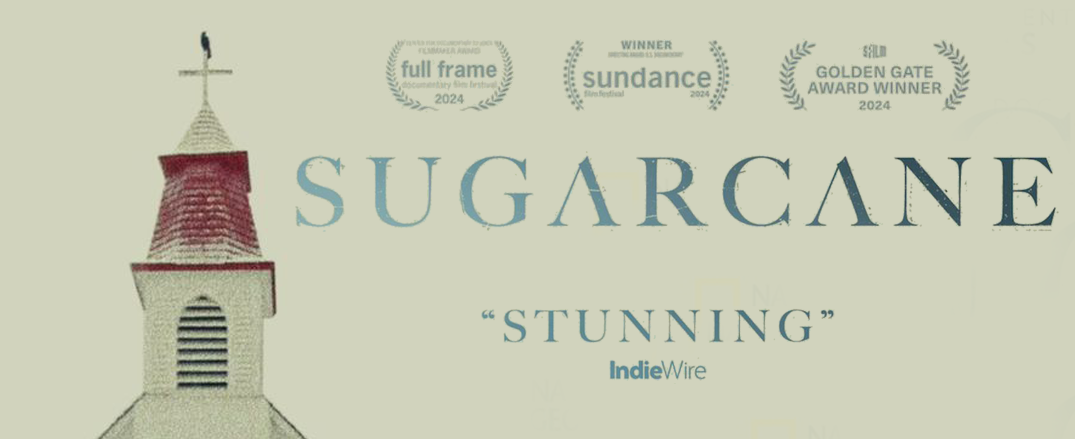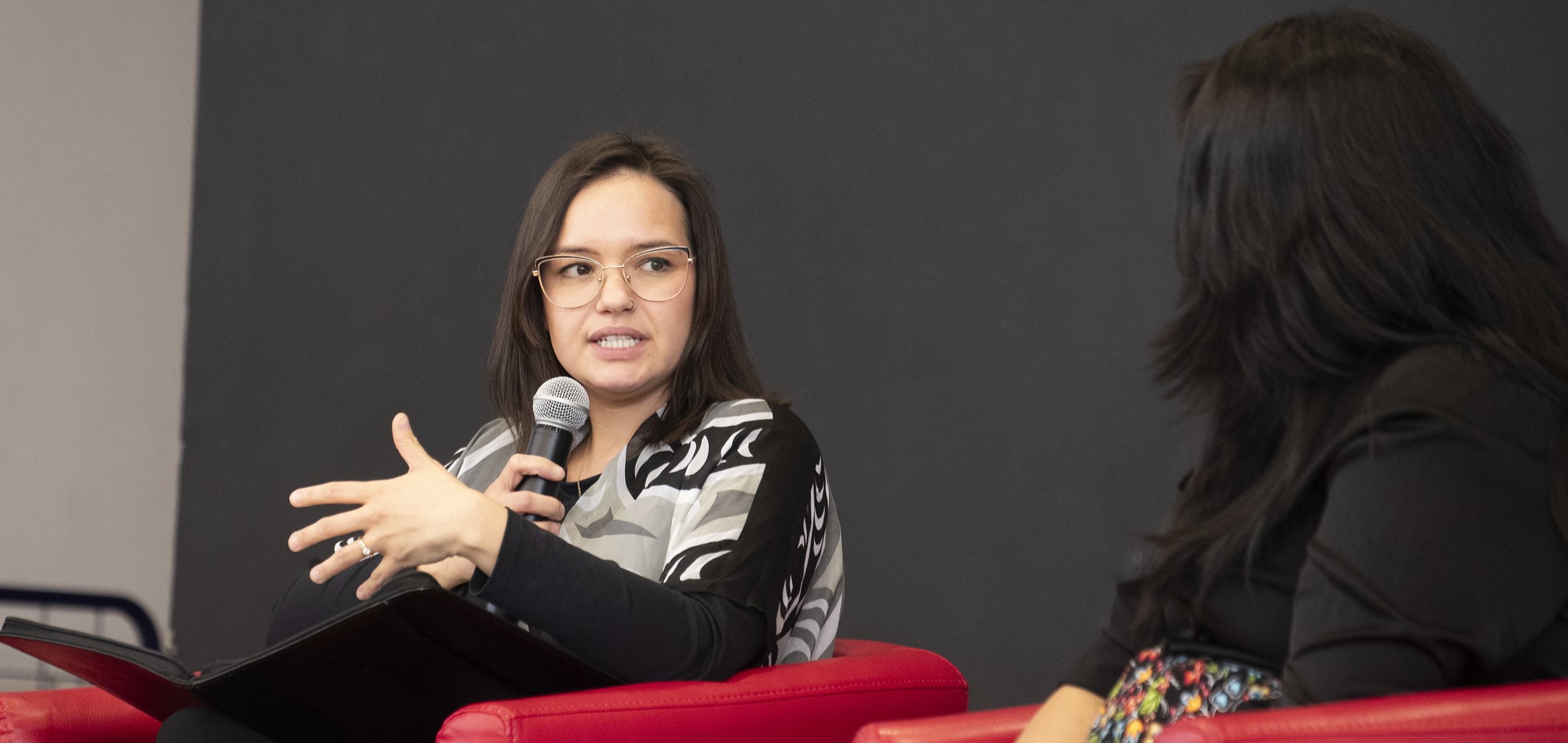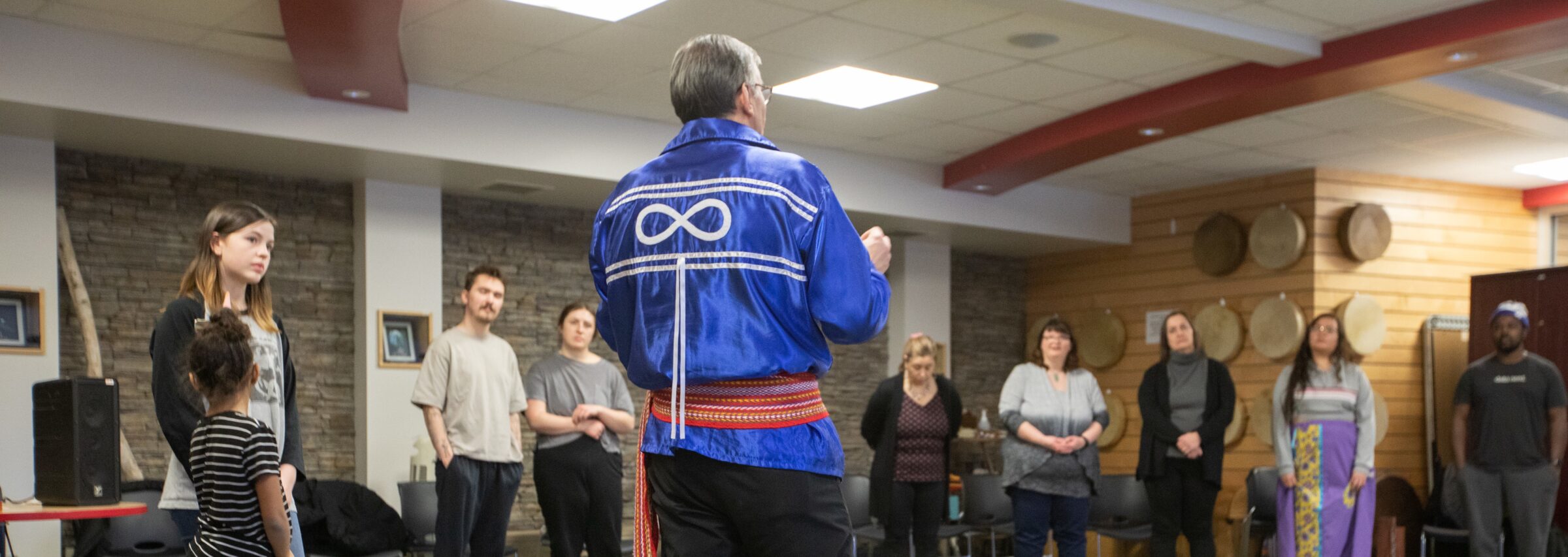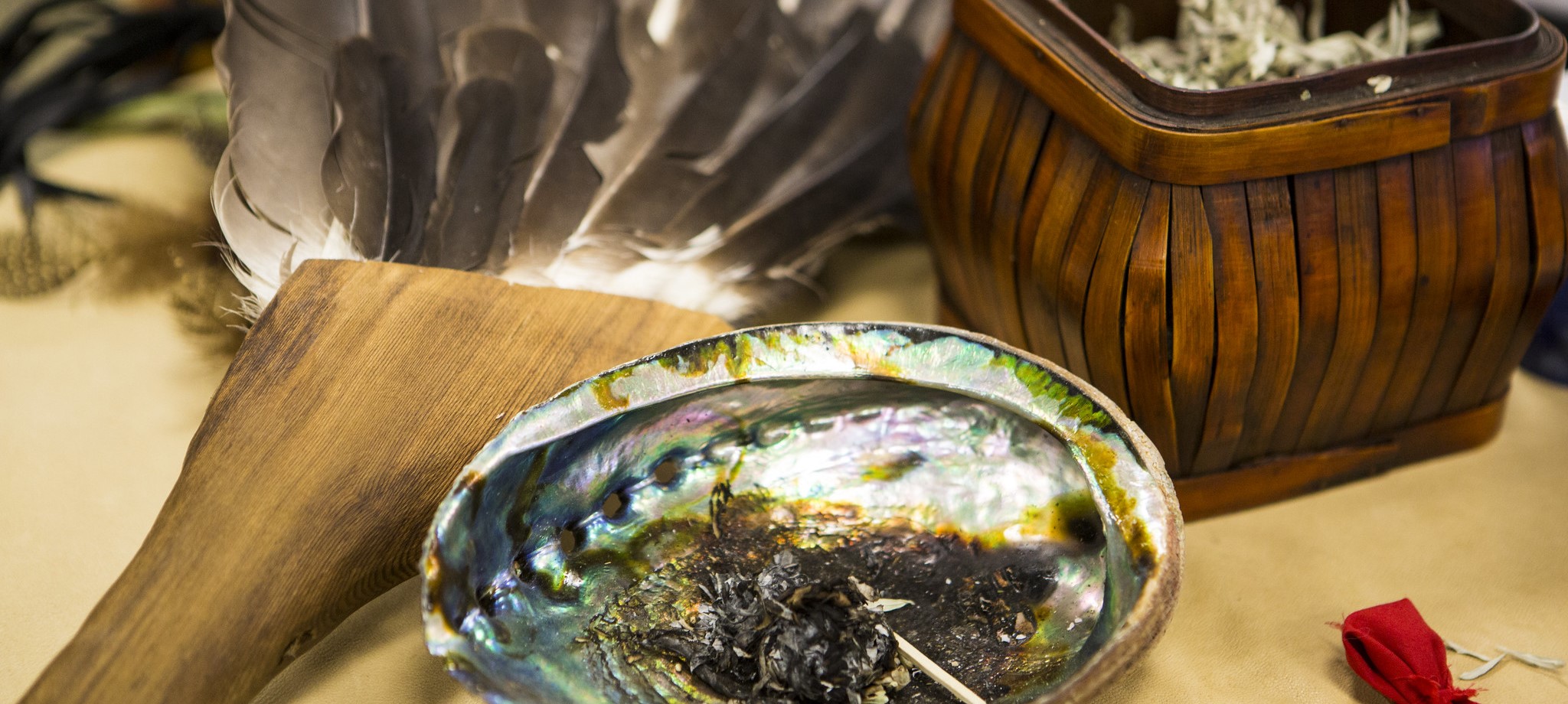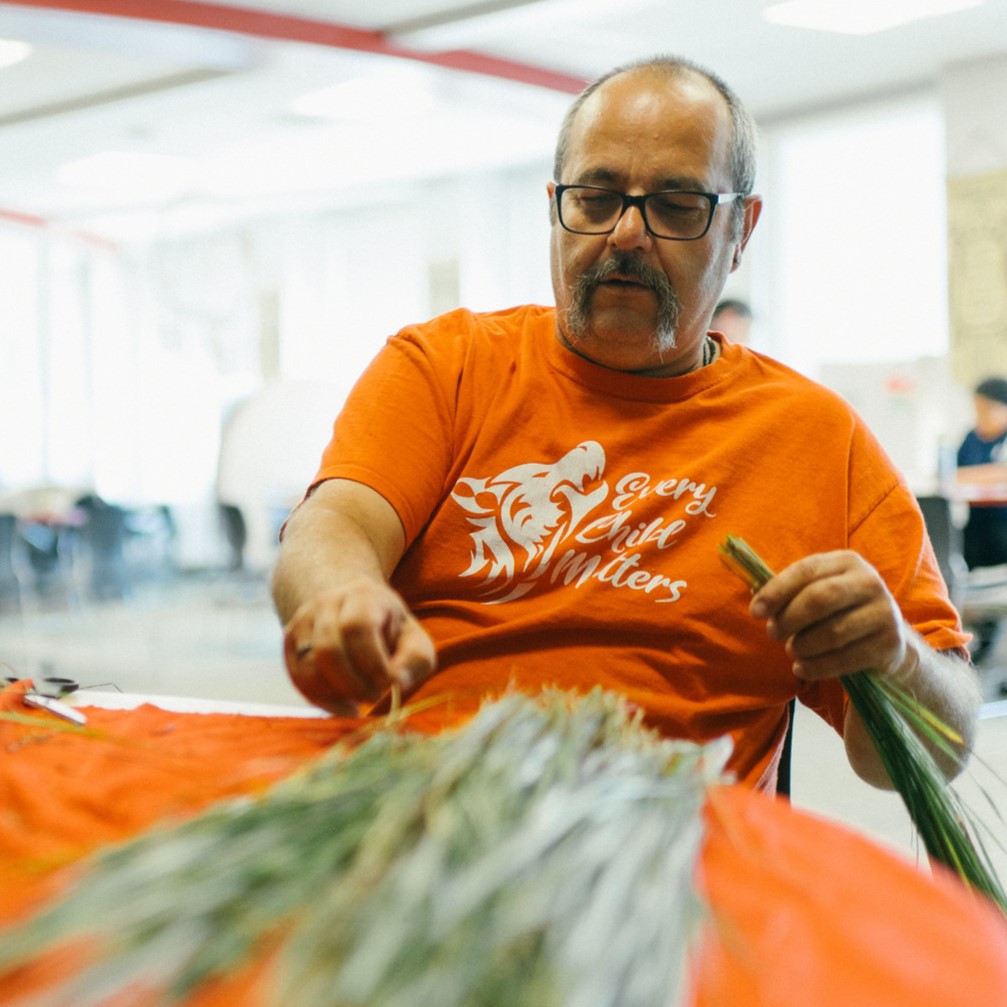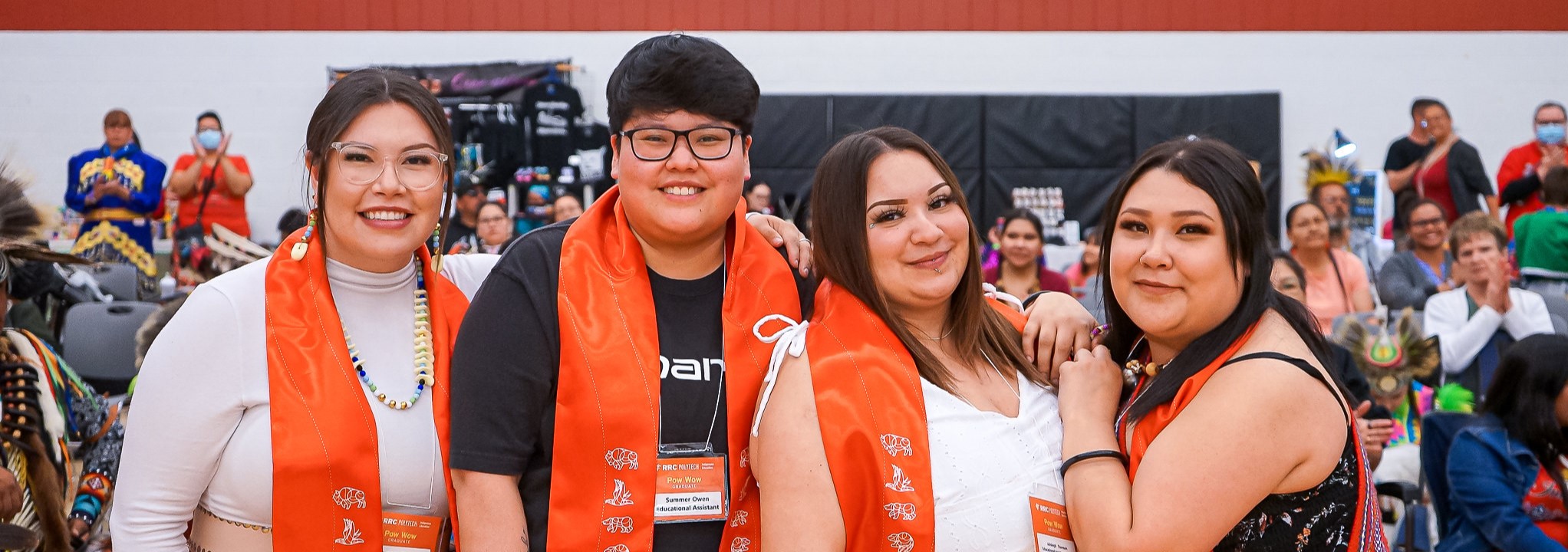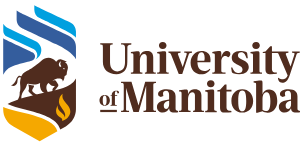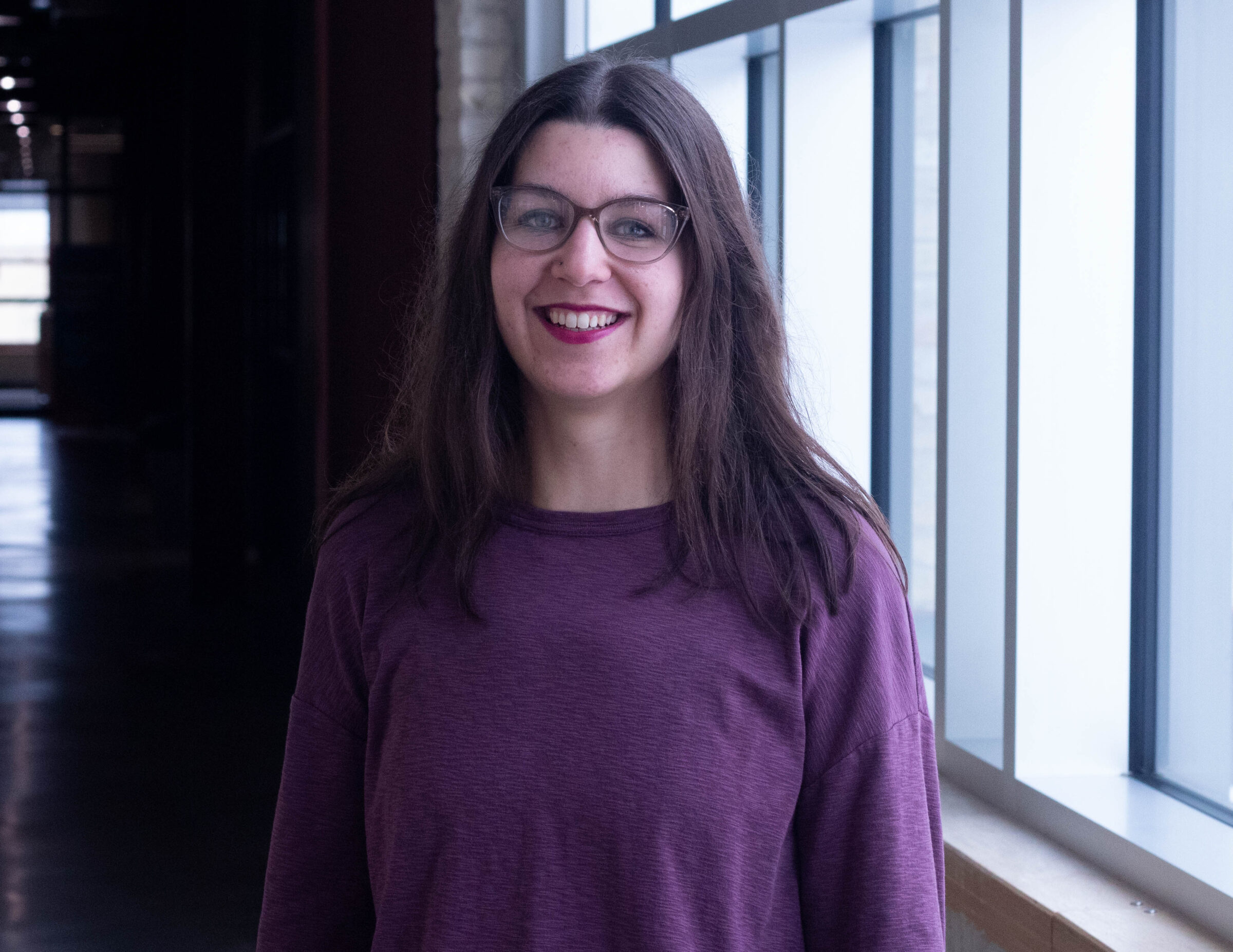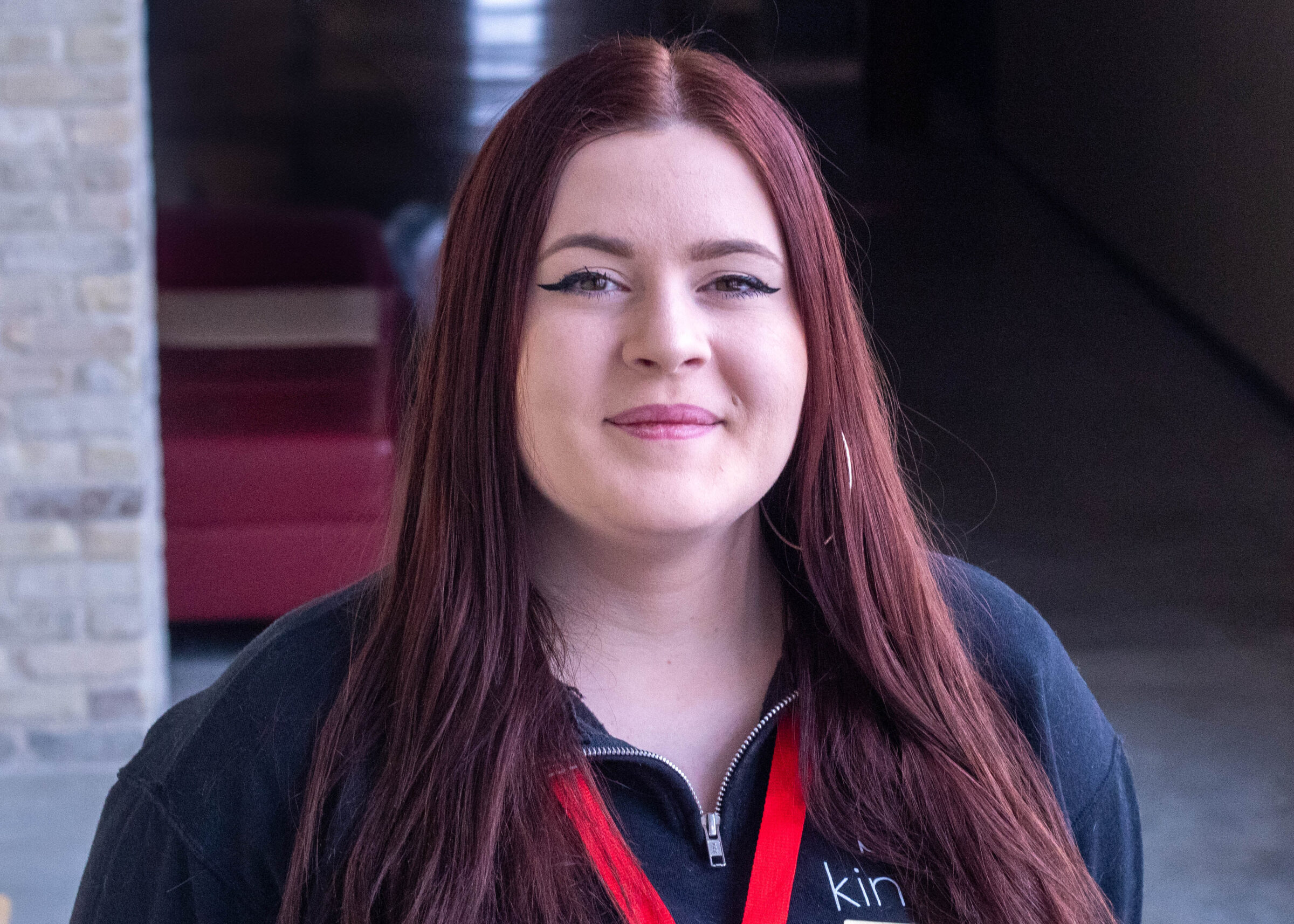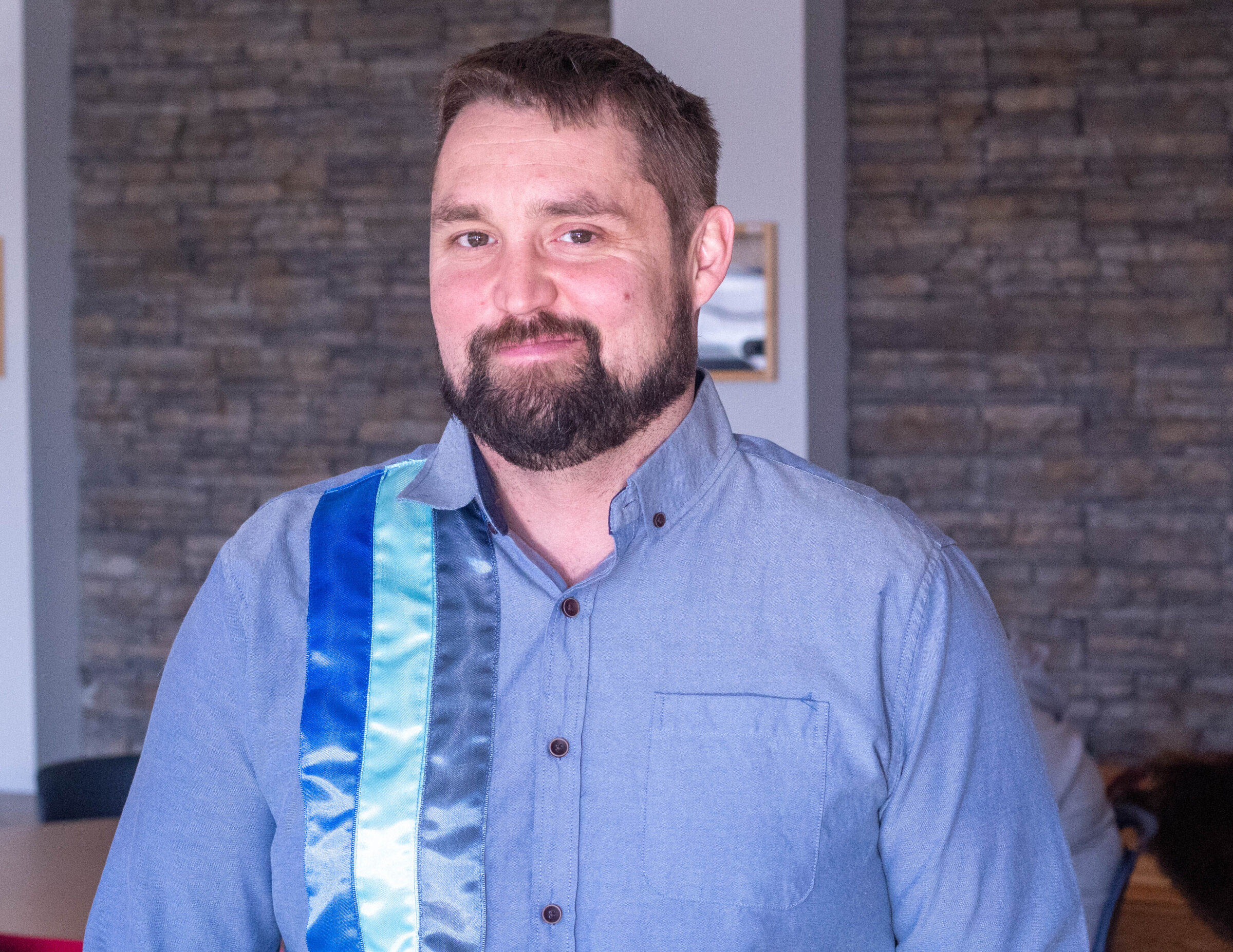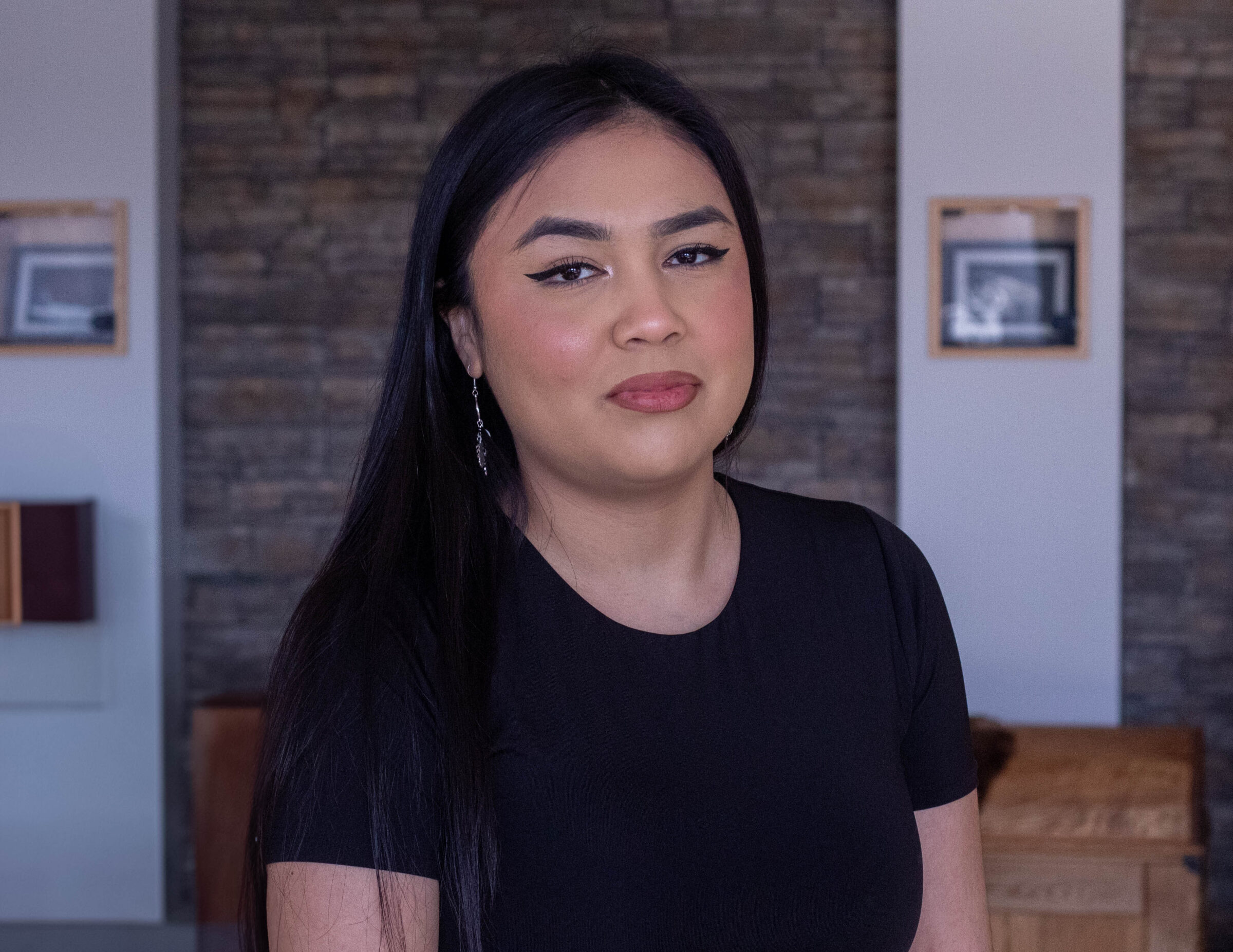Wiisinin Diner – March 13 – April 25
Indigenous Culinary Skills students launch annual pop-up diner
The Indigenous Culinary Skills students at RRC Polytech are bringing their talents to the table with the return of their much-anticipated pop-up diner! This hands-on learning experience allows students to showcase their newly acquired culinary skills while serving up delicious breakfast and lunch options for staff and students.
Located in the Prairie Lights Dining Room (Building C – Mall Level) at the Notre Dame Campus, the Wiisinin Diner will officially open its doors with a soft launch on March 13-14 and offering a limited menu.
The full menu will be available starting Tuesday, March 18.
Hours of Operation
Tuesday – Friday, March 18 – April 25*
- Breakfast: 9:00 AM – 10:30 AM
- Lunch: 11:30 AM – 1:30 PM
*Soft launch with limited menu items is on Thursday, March 13
For the first time, the Wiisinin Diner will offer point-of-sale service, meaning vouchers are no longer required. Guests can conveniently pay for their meals directly in the Prairie Lights Dining Room.
Important Notes
- Single orders only – No modifications can be accommodated.
- Training environment – As students hone their skills, orders may take longer or have minor errors. Your patience and support are greatly appreciated!
For the full menu, visit the Wiisinin Diner webpage.
